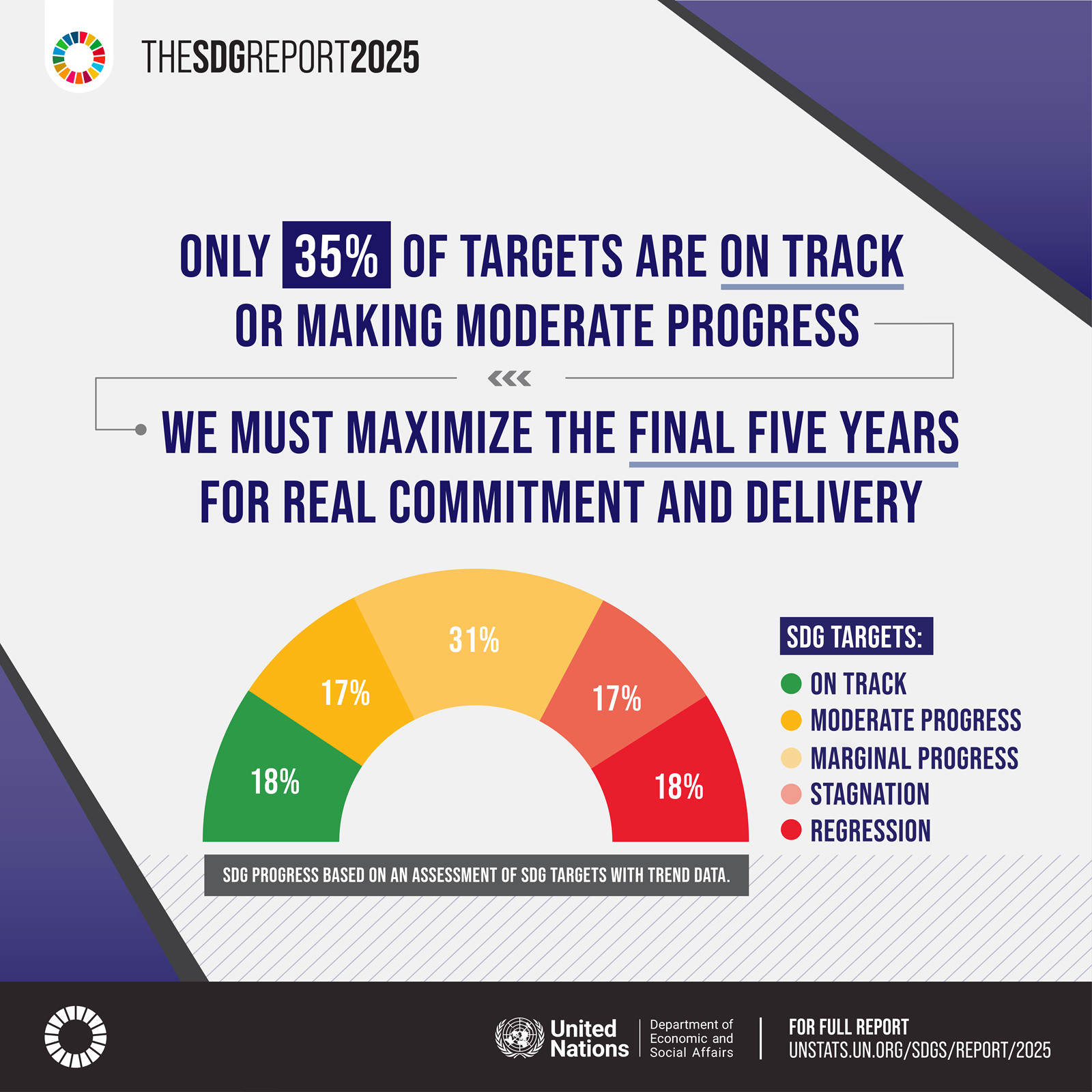Africa Climate Week 2021 (ACW2021) is underway from 26 to 29 September, 2021. It has been postponed a number of times due the COVID19 pandemic threat.
However, 2021 is a historic year for global climate action at COP26. This is the year we either lose sight of the Paris targets, or it is the year we start implementing the Paris Agreement. It is our opportunity to increase global climate ambition in COVID-19 recovery and kick-start a decade of action.
ACW2021 happens against the backdrop of the above, and the Intergovernmental Panel on Climate Change (IPCC) report. This has already warned that the world still has a narrow path to limit average global warming to 1.5 degrees C necessary for avoiding the worst effects of climate change. But this will require rapid, transformational change this decade.
But what then should we expect out of the Africa Climate Week 2021 ahead of the UNFCCC COP26 in Glasgow - November 2021?
According to the UNFCCC, the ACW2021 sessions focus on priorities identified earlier in the year at the Virtual Regional Round tables and the outcomes will be carried forward to the Ministerial Sessions later this year. This is an opportunity for regional stakeholders to have their voice heard and contribute to COP 26.
But as a result of this crucial meeting, I think Africa needs to flag out some important issues including the following:
However, 2021 is a historic year for global climate action at COP26. This is the year we either lose sight of the Paris targets, or it is the year we start implementing the Paris Agreement. It is our opportunity to increase global climate ambition in COVID-19 recovery and kick-start a decade of action.
ACW2021 happens against the backdrop of the above, and the Intergovernmental Panel on Climate Change (IPCC) report. This has already warned that the world still has a narrow path to limit average global warming to 1.5 degrees C necessary for avoiding the worst effects of climate change. But this will require rapid, transformational change this decade.
But what then should we expect out of the Africa Climate Week 2021 ahead of the UNFCCC COP26 in Glasgow - November 2021?
According to the UNFCCC, the ACW2021 sessions focus on priorities identified earlier in the year at the Virtual Regional Round tables and the outcomes will be carried forward to the Ministerial Sessions later this year. This is an opportunity for regional stakeholders to have their voice heard and contribute to COP 26.
But as a result of this crucial meeting, I think Africa needs to flag out some important issues including the following:
- Major emitters should step up with more ambitious plans to reduce their emissions by 2030, given that this year, all countries are expected to submit updated Nationally Determined Contributions (NDCs) under the Paris Agreement
- Africa needs to send a strong signal to rich countries to step up with new climate finance and other types of development assistance for developing countries. By COP26, developed countries ought to show how they will meet and build upon their over-due commitment to jointly mobilize $100 billion a year in climate finance for developing nations. Addressing the climate finance gap is vital to COP26's success and to restoring trust with Africa and other developing nations.
- Adaptation and resilience building in Africa: Closely related to availability of climate finance, for increased support to Africa's most vulnerable communities to increase their resilience to sudden-onset disasters and slow-onset events due to climate change. Such efforts should include promotion of local solutions that can enable communities at the front line of climate change to adjust as much as possible, so as to reduce loss of lives and property
- A common Africa voice on the future of Article 6 of the Paris Agreement: According to the UN’s initial NDC synthesis report, published in February, 65% of countries party to the Paris agreement intend to use at least one of Article 6’s scopes of use, while a further 23% consider it a possibility. But Article 6 rules remain undecided - though an agreement on it is increasingly urgent
Heavy dependence on biomass energy is still a challenge for Africa (photo: JEEP)
The fast disappearing forest cover to meet fuel wood needs and agricultural expansion means Africa has to invest in alternative cleaner energy options and promote agroecology (Photo: UCSD)


